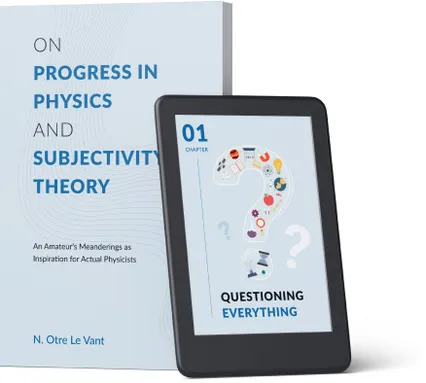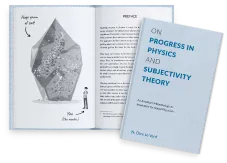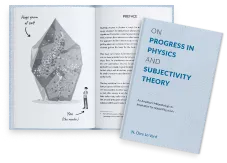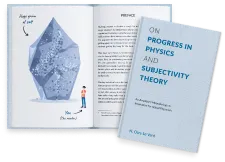You guessed it, N. Otre Le Vant is a pen name. Why use that? A key statement in the book is that arguments should be assessed by their merit, not by who made them. Just because a likable person says something doesn’t make it true, and the opposite holds as well. We must separate the art from the artist. Therefore, my name is also not relevant. With a little tweak in spacing, it transforms into the French- and smart-sounding (at least to my ear) pseudonym N. Otre Le Vant.
That said, I do not wish to hide the fact that I am not a physicist by training. While this may limit the relevance of my thoughts on incremental advances within established frameworks, it may also be an asset when it comes to questioning those frameworks at a more fundamental level. I make this case here.
As for the domain extension Opip.lol, there were two reasons for choosing it. First, the domain name was still available. Second, another key idea in the book is that we should maintain an ambivalent stance toward our thoughts and theories. On the one hand, if they resonate with us, we should stick with them and develop them further. On the other hand, we must never forget that they may also be utter baloney. Only this mindset keeps us capable of dismissing incorrect theories and spending our time on more promising ones. The .lol (laugh out loud) extension captures this idea well.
























